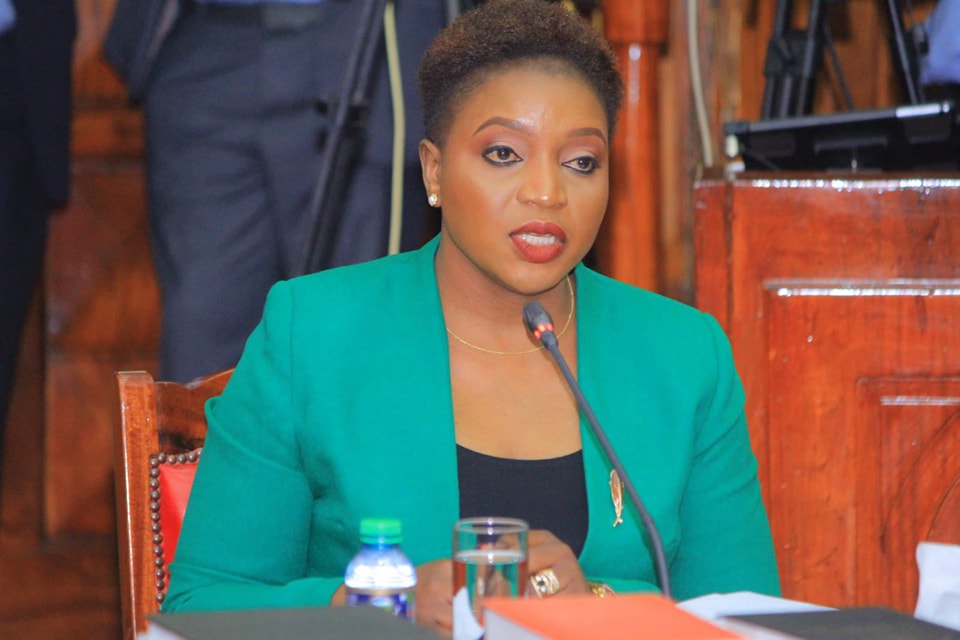By Peter Ochieng
Kenya has formally joined the International Vaccine Institute (IVI) as a member state, hence strengthening the nation’s resolve to achieve self-reliance in vaccine production.
The milestone was reached when President William Ruto attended a ceremony held to mark the country’s ratification of the IVI treaty, at the agency’s headquarters in Seoul, South Korea, on Wednesday.
During the ceremony, President Ruto raised the Kenyan flag, then the National Anthem was played. He pointed out that increased vaccine availability will enhance the delivery of Kenya’s primary healthcare and adequately support disease prevention.
“The time has come for Africa to actualise health sovereignty by liberating itself from dependency on unsustainable frameworks, and accelerating initiatives to become self-sufficient in vaccine production,” he said.
Making vaccines universally accessible, regardless of nationality and status, Ruto said, is an urgent imperative that must be addressed. “In vaccine production and supply terms, no one is safe until everyone is safe.”
President Ruto thanked IVI for announcing that it would establish a country and project office in Nairobi, saying it will bolster Kenya’s Universal Health Coverage agenda and promote African self-reliance in vaccine production.
Meanwhile, the Ministry of Health (MoH) has received over 8 million childhood vaccine doses amid stockouts that disrupted immunisation schedules nationwide.
According to Harry Kimtai, Medical Services Principal Secretary (PS) the ministry was working to ensure the supplies reach health facilities by the end of the second week of June.
They include 1,209,500 doses of Measles Rubella Vaccine, 3,032,000 doses of OPV, 1,000,000 doses of Tetanus-Diptheria Vaccine and 3,129,000 doses of BCG vaccine.
“The received vaccines are currently being processed for urgent distribution to the nine regional vaccine stores across the country,” he stated.
He indicated that the Ministry had acquired additional refrigeration capacity to transport the vaccines to nine regional vaccine hubs for last-mile distribution.
“As the vaccines begin arriving at our facilities, we call on our healthcare workers to collaborate with community health teams to ensure all children who missed vaccinations return to the facilities and catch up on their immunization schedule,” Kimtai urged.


